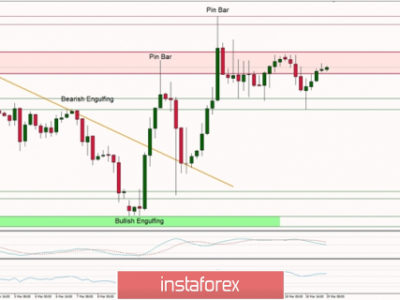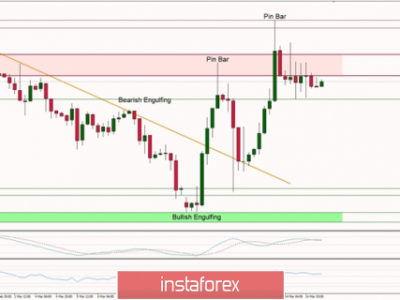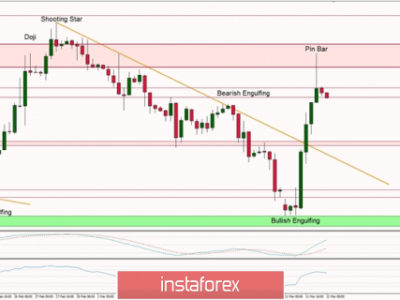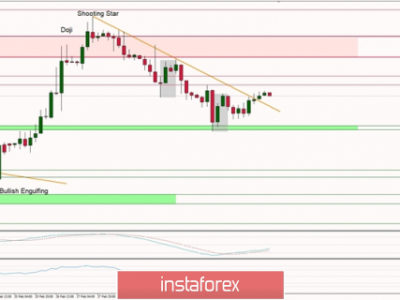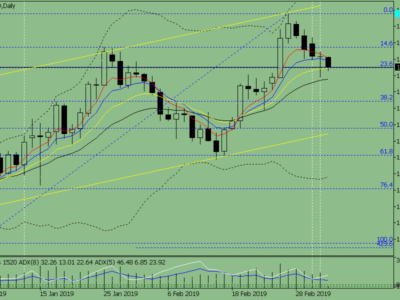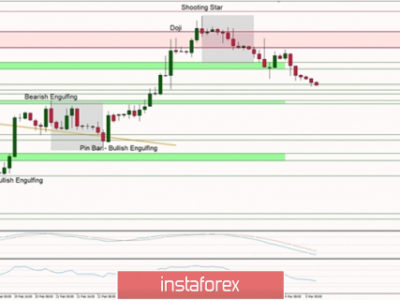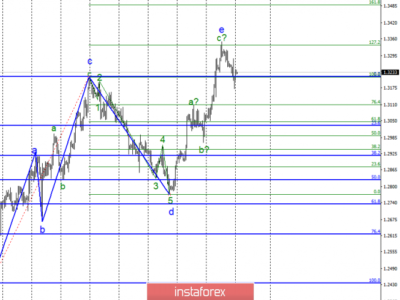The Brits’ Guide to the Budget: What to Expect
Wednesday, March 16 will be an important day for Brits, as Chancellor George Osborne lays out the UK’s budget for the next 12 months. With UK growth slowing considerably over the past few quarters, the Chancellor now finds himself with far less room to maneuver. Just before Christmas the Office for National Statistics (ONS) slashed its growth estimate for the UK and also admitted to being over optimistic about the overall health of the economy.[1]
Off by £18 Billion
Just how over optimistic was the ONS? After crunching some numbers, government economists reckoned that the UK economy was growing 1.3 percent less than previously estimated. As it turns out, the nominal size of UK gross domestic product (GDP) in 2015 was £1,884 billion, around £18 billion short of the official estimate that was released in November.[2]
The pace of UK expansion slowed in 2015, with manufacturing and construction output shrinking.[3] The decline in factory production fueled existing fears about an uneven British recovery that was increasingly dependent on consumer spending and a robust housing sector.
Austerity
Mr. Osborne has dropped several hints over the months that the 2016 Budget would be more austere than previously imagined. The Chancellor recently commented about weaker domestic growth and worsening public finances, which will force the Treasury to made plans for further savings by the end of the current parliament. Mr. Osborne also said there was a need to “act now to make sure we don’t pay later,” raising speculation about the nature and extent of the spending cuts over the next fiscal year.[4]
Brits can expect a combination of higher taxes, penalties for tax avoidance, changes to personal independence payments and a raise in the amount in which taxpayers are drawn into the 40p rate. Mr. Osborne is also reportedly mulling over a higher fuel duty.[5]
Mr. Osborne has stated that the Treasury’s cuts would be “equivalent to 50p in every £100” of public spending by 2020, which he described as “not a huge amount in the scheme of things.”[6]
Uncertainty
While Britain’s economic standing is much firmer than other parts of the world, there’s a prevailing wind of uncertainty sweeping through the economy and financial system that is creating more anxiety over the forthcoming Budget. Mr. Osborne himself has stated that the world is now “a more difficult and dangerous place,” and that the 2016 Budget would be announced at a time of greater economic and financial instability.[7]
The first three months of the year have been quite the rollercoaster ride for the global financial system. Stock markets sold off in dramatic fashion through the first six weeks of the year, forcing greater caution on the part of central banks. Global equities have rebounded amicably since mid-to-late February, with Britain’s FTSE 100 Index gaining nearly 8% in the four week through March 14. At its lowest point, the FTSE 100 was down more 11% in 2016.
The relentless surge in oil prices since February has certainly benefited global markets and created a healthy appetite for risk. However, the long-term picture remains shaky, with 2016 as a whole expected to remain a low yielding environment.
Market’s Response
Global investors will closely monitor the 2016 Budget, as the announcement could move everything from European stocks to the British pound. The British pound in particular is especially volatile around Budget releases. Investors may be in for some heavy movement for the GBP/USD and EUR/GBP exchange rates leading up to and following the March 16 Budget announcement.
The Office for National Statistics will release important employment figures the same day as the Budget release, which could create additional volatility for European markets.
The Bank of England will hold its March policy meeting the day after the Budget release. Policymakers are expected to vote unanimously in favour of holding interest rates at record lows. The BOE has been forced to maintain a highly accommodative stance on policy in the face of global headwinds and weakening domestic growth.
Somber Mood
The 2016 Budget will come at a time of heightened anxiety not just for the ruling Conservatives, but for Britain at large. Brits will head to the polls on June 23 to vote on whether to remain in the European Union. Concerns over ‘Brexit’ are far-reaching, with economists warning of grave consequences should Britons vote to quit the EU. According to The Telegraph’s poll of polls, the Remain camp holds the narrowest of leads at 51% as of March 6. The Remain and Leave camps were tied 50-50 around three weeks earlier.[8]
British Prime Minister David Cameron is campaigning hard to convince members of his own cabinet and Brits at large to vote to stay in the EU. Mr. Cameron recently negotiated a “new settlement” with Brussels that gives Britain a host of concessions ranging from child benefits to stronger protection for countries outside the Eurozone.[9]
It’s certainly an interesting time for UK politics, and one that will have significant implications on the financial and economic stability of the world’s sixth largest economy.
To keep track of all the market-moving events impacting the UK, make sure to follow the Financial Calendar.
[1] Chris Giles and George Parker. “UK Budget: George Osborne faces reality.” Financial Times.
[2] Chris Giles and George Parker. “UK Budget: George Osborne faces reality.” Financial Times.
[3] Szu Ping Chan (October 27, 2015). “UK growth slows as construction and manufacturing output shrinks.” The Telegraph.
[4] Larry Elliott and Anushka Asthana (March 13, 2016). “George Osborne fuels speculation budget will include nasty shocks.” The Guardian.
[5] Larry Elliott and Anushka Asthana (March 13, 2016). “George Osborne fuels speculation budget will include nasty shocks.” The Guardian.
[6] BBC (March 13, 2016). “Budget 2016: George Osborne warns of cuts of 50p per £100.” BBC.
[7] BBC (March 13, 2016). “Budget 2016: George Osborne warns of cuts of 50p per £100.” BBC.
[8] The Telegraph. EU referendum poll tracker and odds.
[9] Jennifer Rankin (February 19, 2016). “David Cameron’s EU deal: what he wanted and what he got.” The Guardian.
The post The Brits’ Guide to the Budget: What to Expect appeared first on Forex.Info.


